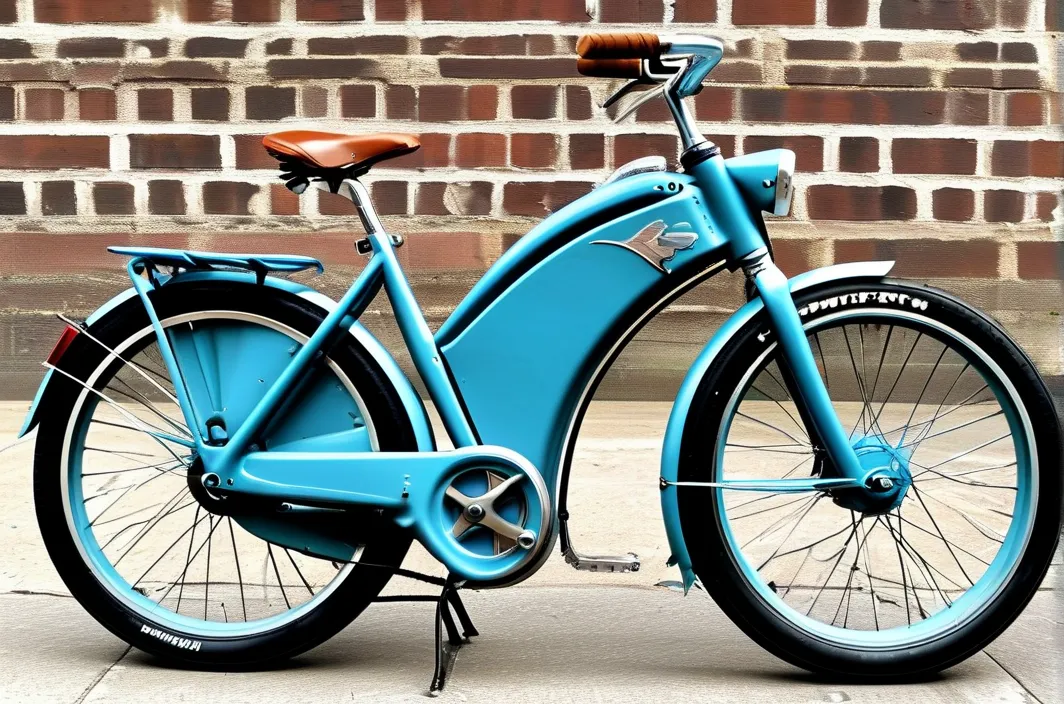Navigating the world of urban cycling can feel overwhelming, but Dutch bikes offer a timeless solution for city commuters. Known for their robust construction, upright riding position, and classic aesthetics, these bicycles have dominated European streets for decades—and for good reason. As we approach 2025, the market for high-quality used Dutch bikes continues to thrive, blending vintage charm with modern practicality. Below, we break down the top models and expert tips to help you find a reliable, affordable ride that’ll turn heads on your daily commute.
Why Choose a Used Dutch Bike?
Dutch bicycles are engineered for longevity, often outlasting cheaper modern alternatives. A study by the European Cyclists’ Federation found that well-maintained Dutch bikes average 15-20 years of service life, thanks to durable steel frames and weather-resistant components. For urban riders, this translates to:
– Cost savings: Secondhand models typically cost 30-50% less than new equivalents
– Proven reliability: Older models like the Gazelle Tour Populair still dominate Amsterdam’s bike lanes
– Sustainability: Reusing bikes reduces carbon footprint by 67% compared to buying new (Circular Economy Institute, 2024)
Top 5 Vintage-Style Dutch Bikes Under €500
-
Gazelle Champion Mondial (1990s)
– Key features: Reynolds 531 steel frame, Shimano Nexus 3-speed hub
– Why it’s great: Olympic-grade craftsmanship repurposed for city streets
– Current market price: €350-450 -
Batavus Personal Bike (Early 2000s)
– Key features: Integrated rear carrier, dynamo lighting system
– Why it’s great: Original paint jobs age beautifully; requires minimal maintenance
– Current market price: €250-400 -
Sparta Stadion Go (2010s)
– Key features: Aluminum frame (lighter than steel), 7-speed gear system
– Why it’s great: Ideal for hilly cities; recent enough to find replacement parts easily
– Current market price: €400-500 -
Cortina U3 Retro (2015-2018)
– Key features: Leather grips, cork saddle, coaster brakes
– Why it’s great: Authentic vintage look with modern sealed bearings
– Current market price: €300-380 -
Union Rotterdam (Pre-2000)
– Key features: Fully enclosed chain case, double-leg kickstand
– Why it’s great: Bombproof design; still used by Dutch postal workers
– Current market price: €200-300
Smart Buying Tips for Secondhand Dutch Bikes
Avoid costly mistakes with these verified strategies from Amsterdam’s Fietsersbond (Cyclists’ Union):
-
Check the frame number
Use the Dutch Bike Registry to verify ownership and accident history. -
Test the steering lock
Authentic Dutch bikes have a built-in lock that secures the front wheel when parked—a hallmark of genuine models. -
Inspect corrosion strategically
Surface rust on chains or fenders is normal, but avoid frames with bubbled paint (indicates structural rust). -
Prioritize original parts
Bikes with replacement wheels or drivetrains often have hidden damage. Look for intact branding on components like SRAM or Shimano.
Maintenance Musts for Longevity
Extend your bike’s life with these cost-effective practices:
- Monthly checks: Tighten loose bolts, lubricate chains with PTFE-based oil (lasts 3x longer than standard oils)
- Winter care: Apply frame wax before salt season; swap rubber tires for puncture-resistant Schwalbe Marathon Plus
- Storage hack: Hang vertically to prevent flat spots on tires—a trick used by Rotterdam bike hotels
Where to Buy Reliable Used Dutch Bikes
- Local shops: Amsterdam’s Waterlooplein Market offers certified refurbished bikes with 6-month warranties
- Online platforms: Filter Facebook Marketplace searches using “Holland bike” + your city
- Direct imports: Services like Dutch Bike Bits ship inspected bikes globally for ~€150运费
While new e-bikes grab headlines, classic Dutch bicycles provide unmatched value for practical commuters. By choosing a well-maintained used model, you’re not just getting from A to B—you’re investing in a piece of cycling heritage that’ll serve you through 2025 and beyond. As Utrecht University’s Urban Mobility Center notes: “The most sustainable bike is the one already built.”
